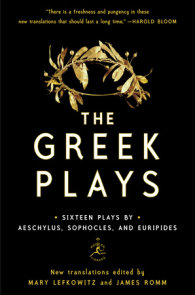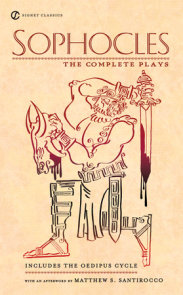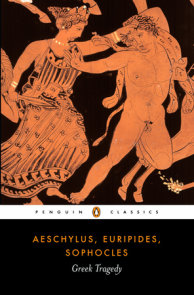

The Theban Plays
By Sophocles
Introduction by E. F. Watling
Translated by E. F. Watling
By Sophocles
Introduction by E. F. Watling
Translated by E. F. Watling
Category: Performing Arts | Classic Nonfiction | Literary Criticism | World History

-
$14.00
Jun 30, 1950 | ISBN 9780140440034
Buy the Paperback:
YOU MAY ALSO LIKE

Utopia
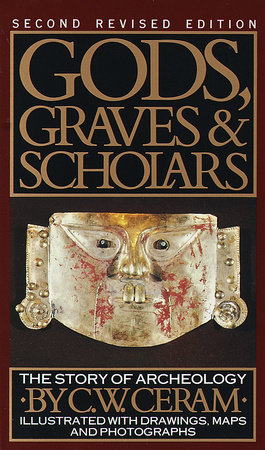
Gods, Graves and Scholars

Storm of Steel
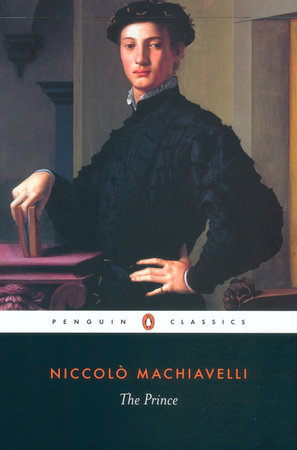
The Prince
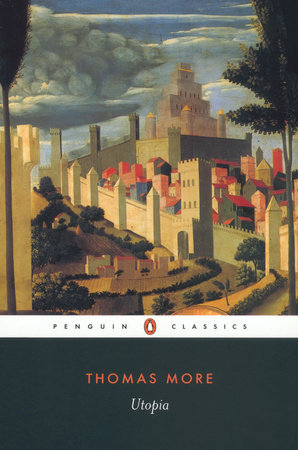
Utopia
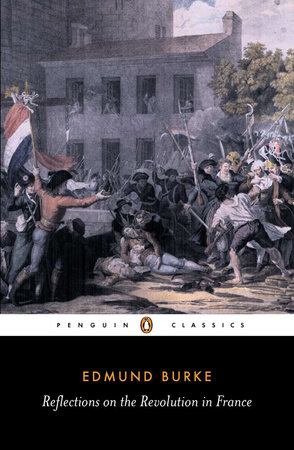
Reflections on the Revolution in France
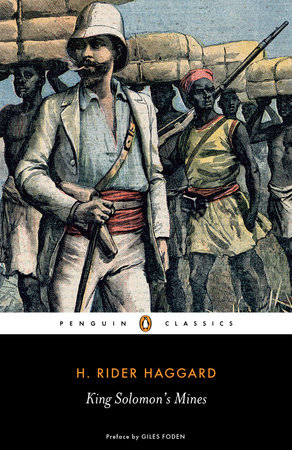
King Solomon’s Mines
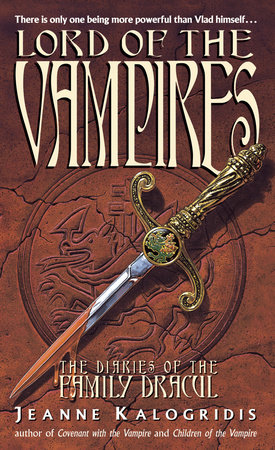
Lord of the Vampires
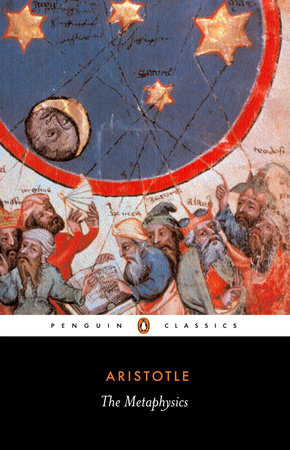
The Metaphysics
Praise
“[Oedipus the King] is Sophocles’ most famous play and the most celebrated play of Greek drama . . . Aristotle cites it as the best model for a tragic plot . . . Freud recognized the play’s power to dramatize the process by which we uncover hidden truths about ourselves . . . Sophocles is more interested in how Oedipus pieces together the isolated fragments of his past to discover who and what he is and in tracing the hero’s response to this new vision of himself.”—from the Introduction by Charles Segal
Table Of Contents
The Theban PlaysIntroduction
The Theban Legend
King Oedipus
The Legend Continued
Oedipus at Colonus
The Legend Continued
Antigone
Notes to King Oedipus
Notes to Oedipus at Colonus
Notes to Antigone
21 Books You’ve Been Meaning to Read
Just for joining you’ll get personalized recommendations on your dashboard daily and features only for members.
Find Out More Join Now Sign In







